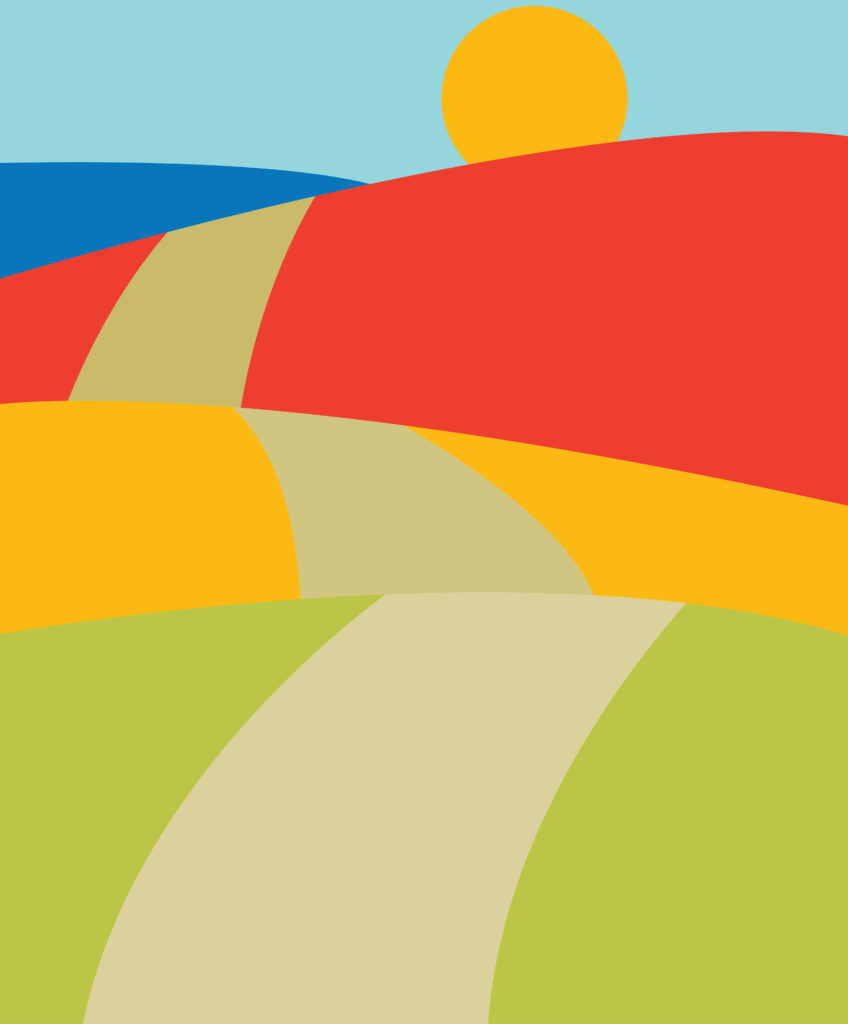Ignore the Ageist Negativity: Dori Gillam
Dori Gillam was born and raised in Seattle. She is a speaker and writer, inspiring older adults to age creatively. She writes for 3rd Act Magazine and is Board Chair for the Northwest Center for Creative Aging.

What do you wish someone had told you about getting older?
My parents had me when they were forty. Always a good ten+ years older than any of my friends’ parents, my folks participated in life without regard to age. I don’t mean they were climbing mountains at 80, I mean they didn’t obsess about the numbers; they continued to be curious about the world, looked for something to learn or teach, and ways to give back to the community. They surrounded themselves with a positive social circle (regardless of how it dwindled as they aged) and included music and laughter in each day. In my 50s, I finally realized they were terrific role models for intentional aging. They ignored the ageist negativity that keeps us from growing. I’d tell my younger self to always have something to do, something to look forward to, something to believe in, someone to love, and something to laugh about.
I’d tell my younger self to substitute worry with planning. What we worry about rarely happens. Chronic worriers might respond, “See? Worrying helps!” Although my mother was a bit of a hand-wringer, both my parents were planners. I wish I’d learned a little earlier to replace most of my worry with planning. It saves time and negative cortisol. I learned to “worry out” all the horrors of a project or social situation and use those scenarios to establish plan A, B, and C. With a base plan and backup plans, I could go ahead and stop dreading an unforeseen factor.
Being educated about how to spot controlling, narcissistic people could have taken so much stress out of my life. I’d tell my younger self to remove controlling people from my inner circle as soon as possible, even if they are family. You can still love people from afar, but don’t let them suck your energy.
What wisdom would you share with a younger person about aging and what it means?
In 2001, I developed a class called “The Time of Your Life.” The purpose was to help people identify the lessons, wisdom, and foresight they’ve gathered over their first 50 or so years and to encourage them to treat the second 50 years as the time to employ what they know. Our ageist society has us believing that as we age we lose productivity, conscious competence, and deftness. However, research shows people who recognize and continue to employ their strengths as they age are happier, healthier, and live longer. Rather than reaching 40 or 50 and thinking we’re “over the hill,” birthday cards need to celebrate each passing year as a triumph and milestone, recognizing that we have added even more skills and talents. I like a card I saw, “If grey hair is a sign of wisdom: you’re a genius!”
Regardless of our work, family configuration, or time constraints, our essence follows us throughout aging. Some people focus on their weaknesses, attempting to develop them. However, I believe honing our strengths and finding new ones is more productive and rewarding. Yes, sometimes we have upsets, injuries, and losses, but if we build resilience instead of trepidation, we can stand up to crises.
What is important to you looking ahead?
I understand I may have more pains and down days. It’s important for me to treat them for what they are—incidents or issues to be addressed without allowing them to change my mental course, even if my physical capabilities are affected. If I need a brace, walker, or wheelchair, I will gladly employ those aids, rather than endanger myself or others due to vanity. I intend to keep moving forward.
My next chapter includes reserving most of my time for my closest circle of family and friends. I hope to continue to share what I’ve learned about aging, caregiving, interdependence, and resilience, and to learning more.
As a person who was married for 15 years and then single for 36, the committed love of my boyfriend of the last four years is a new source of fun, exploration, learning, and sharing. I’m moving with excitement into my next act. Is it my 3rd, 4th, or 5th act? We’ll see!
